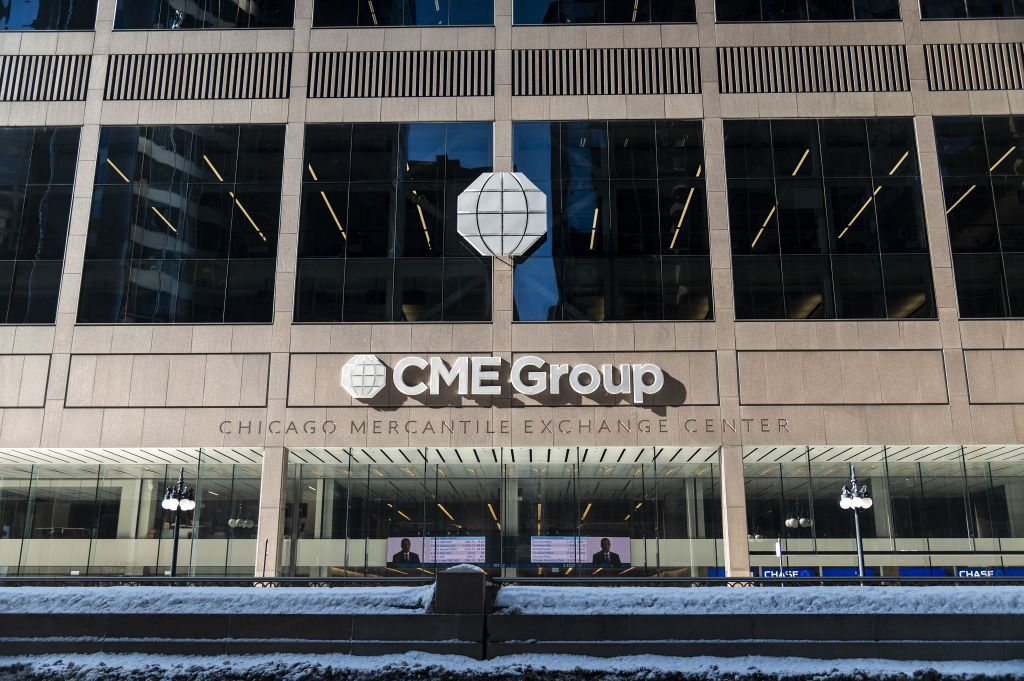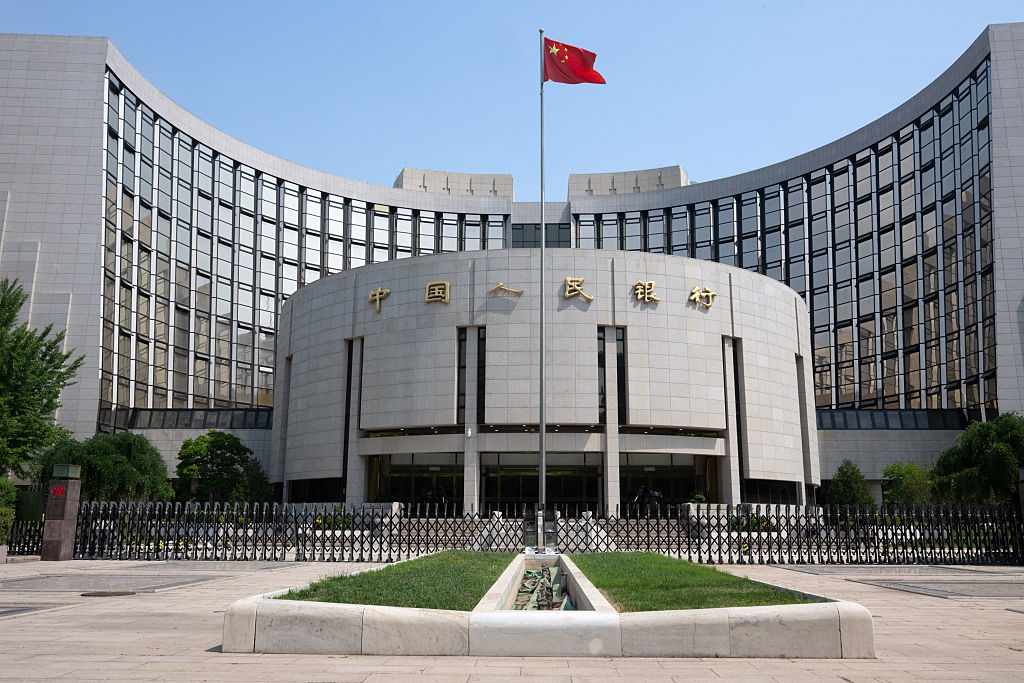National Express: a stock worth a second ride
Coach company National Express is geographically diverse and cheap. Matthew Partridge picks the best way to play the share price.


Get the latest financial news, insights and expert analysis from our award-winning MoneyWeek team, to help you understand what really matters when it comes to your finances.
You are now subscribed
Your newsletter sign-up was successful
Want to add more newsletters?
O
ne of my most profitable tips has been coach company National Express. I suggested that you go long last October when shares were in the bargain basement. Shortly afterwards news that the Covid-19 vaccines were effective raised the prospect of an end to major restrictions, sending the stock soaring.
By the time I recommended taking profits six months ago, it had nearly doubled in price. Cashing in proved a good call. Concern that Omricon will once again deter people from using public transport has wiped a fifth off the stock since then, making it low enough to be worth revisiting.
Try 6 free issues of MoneyWeek today
Get unparalleled financial insight, analysis and expert opinion you can profit from.

Sign up to Money Morning
Don't miss the latest investment and personal finances news, market analysis, plus money-saving tips with our free twice-daily newsletter
Don't miss the latest investment and personal finances news, market analysis, plus money-saving tips with our free twice-daily newsletter
One of the reasons to be bullish about National Express is that while it is known for the buses and coaches that it runs in the UK, it actually only derives around a fifth of its revenue from its British operation. The largest chunk of its sales, around 40%, comes from the US, mostly from providing transport to and from schools.
Not only does this mean that the return of restrictions here will have much less impact on its bottom line, but bus transport is itself a market with strong growth potential, owing to the fact that more and more school boards and states in the US are outsourcing their transportation.
Expansion on the continent
Another potential growth area is Europe, which comprises a third of revenue; National Express’s Spanish subsidiary ALSA operates bus and coach services throughout Europe. It also has a growing division providing rail services in Germany.
Finally, the group is undergoing talks with rival operator Stagecoach about merging the two companies. While the way in which the resulting share swap would be carried out means that National Express would end up paying a small premium, Stagecoach’s low valuation means that it would still be acquiring the assets at a very low price. National Express reckons that it could make large cost savings by eliminating duplicate infrastructure, such as bus terminals.
Overall, National Express currently trades at 10.4 times 2022 earnings, which looks very cheap considering the speed of its recovery: next year’s revenue is projected to surpass its 2019 level, setting an all-time record.
What’s more, in the four years before the pandemic occurred, the company was growing at a rapid pace, with revenue increasing by 56% between 2015 and 2019. During the same four-year period, National Express managed to deploy its capital efficiently, producing an annual average return on capital expenditure (an important gauge of profitability) of just under 10% each year.
Taking all these factors into account, I think the company looks attractive enough to make it worth overlooking any virus-related bumps in the road and going long on the stock again at the current price of 233p, at £9 per 1p. Given the short-term market uncertainty, I would put the stop-loss at 123p, giving you a total downside of £990.
Trading techniques: directors’ dealings
Insider trading – buying and selling shares based on information not generally available to the public – is illegal. Company executives may need to sell shares for legitimate reasons, however, such as raising cash or diversifying their portfolio. Most jurisdictions thus allow directors to buy and sell stocks under closely monitored conditions. Such sales are published by the authorities (you can find the information on many of the major share-trading websites).
Many traders believe that such “insider” transactions provide a good indication of what corporate insiders really think about their company. After all, if the CEO is dumping their shareholding, then they clearly don’t think that their shares are worth holding onto. On the other hand, if they are willing to put their own money into a company, it is likely to be a sign that they are confident about its future.
However, other traders argue that there are so many legitimate reasons why company insiders could sell shares, such as to diversify their portfolio or pay their bills, that such transactions are meaningless. Since the 1980s studies have shown that insiders’ purchases have a positive impact on subsequent returns. A 2011 study by the European Business School, which found that between 2002 and 2009 “high-conviction” shares in several European countries, where insiders bought shares, outperformed the market. “Low-conviction shares”, where insiders sold stock, lagged the index.
A study by Florida International University and Mississippi State University in 2017, looking at US shares between 1986 and 2014, found that buy signals provided a stronger harbinger of healthy returns when several insiders bought at the same time.
Get the latest financial news, insights and expert analysis from our award-winning MoneyWeek team, to help you understand what really matters when it comes to your finances.

-
 8 of the best properties for sale with minstrels’ galleries
8 of the best properties for sale with minstrels’ galleriesThe best properties for sale with minstrels’ galleries – from a 15th-century house in Kent, to a four-storey house in Hampstead, comprising part of a converted, Grade II-listed former library
-
 The rare books which are selling for thousands
The rare books which are selling for thousandsRare books have been given a boost by the film Wuthering Heights. So how much are they really selling for?
-
 Should you sell your Affirm stock?
Should you sell your Affirm stock?Affirm, a buy-now-pay-later lender, is vulnerable to a downturn. Investors are losing their enthusiasm, says Matthew Partridge
-
 Profit from pest control with Rentokil Initial
Profit from pest control with Rentokil InitialRentokil Initial is set for global expansion and offers strong sales growth
-
 In the money: how my trading tips fared in 2025
In the money: how my trading tips fared in 2025The success of the open positions offset losses on closed ones, says Matthew Partridge
-
 Coreweave is on borrowed time
Coreweave is on borrowed timeAI infrastructure firm Coreweave is heading for trouble and is absurdly pricey, says Matthew Partridge
-
 Circle sets a new gold standard for cryptocurrencies
Circle sets a new gold standard for cryptocurrenciesCryptocurrencies have existed in a kind of financial Wild West. No longer – they are entering the mainstream, and US-listed Circle is ideally placed to benefit
-
 Profit from other investors’ trades with CME Group
Profit from other investors’ trades with CME GroupCME Group is one of the world’s largest exchanges, which gives it a significant competitive advantage
-
 Investors need to get ready for an age of uncertainty and upheaval
Investors need to get ready for an age of uncertainty and upheavalTectonic geopolitical and economic shifts are underway. Investors need to consider a range of tools when positioning portfolios to accommodate these changes
-
 How much gold does China have – and how to cash in
How much gold does China have – and how to cash inChina's gold reserves are vastly understated, says Dominic Frisby. So hold gold, overbought or not